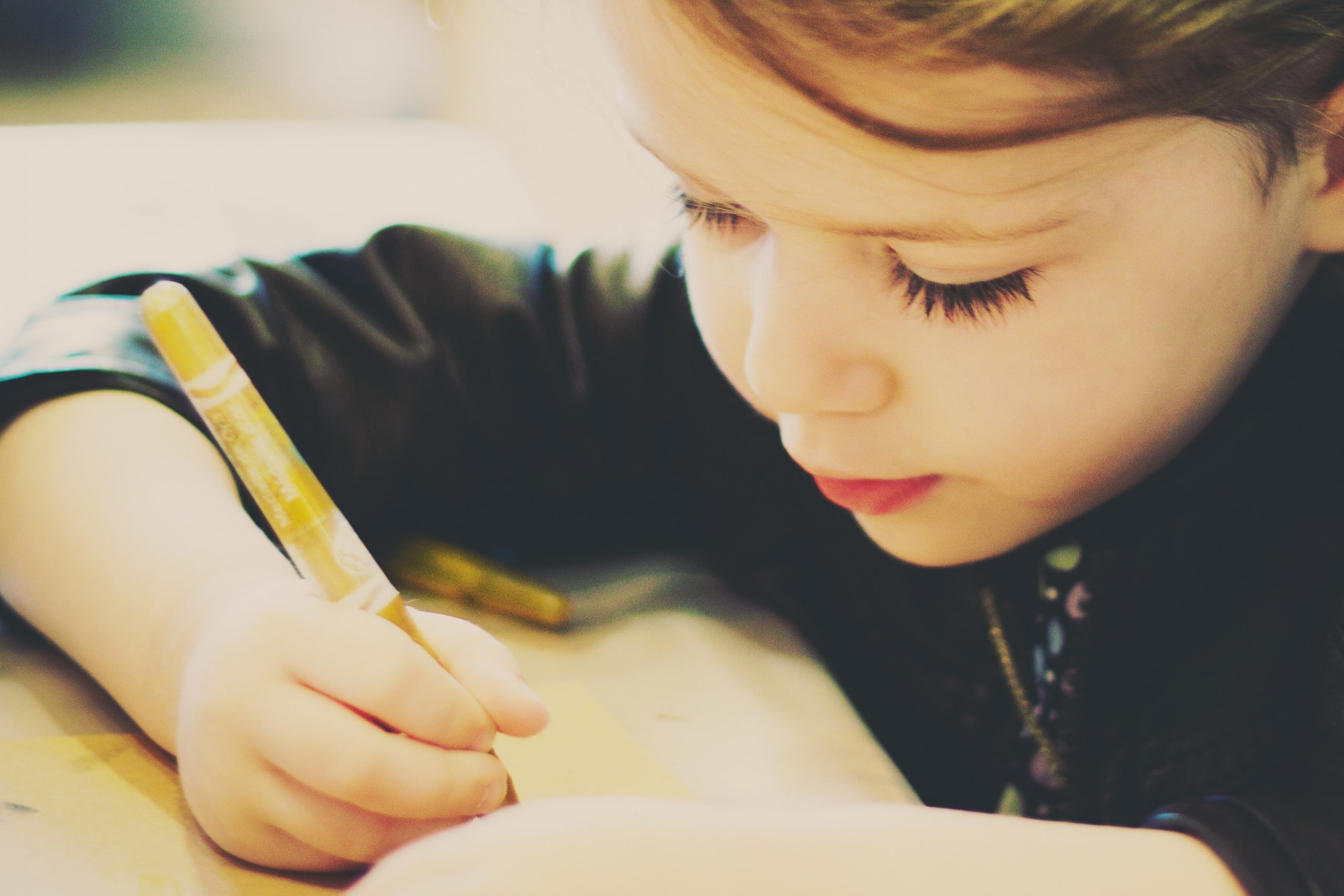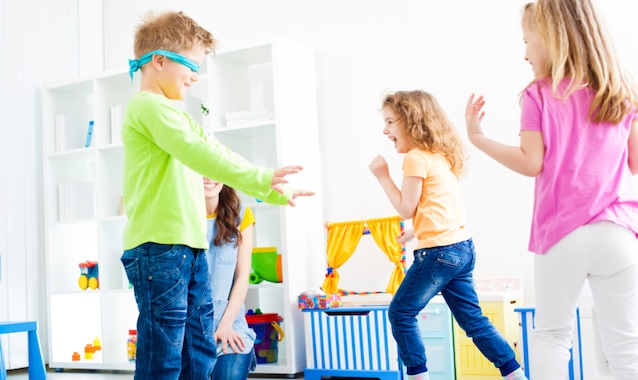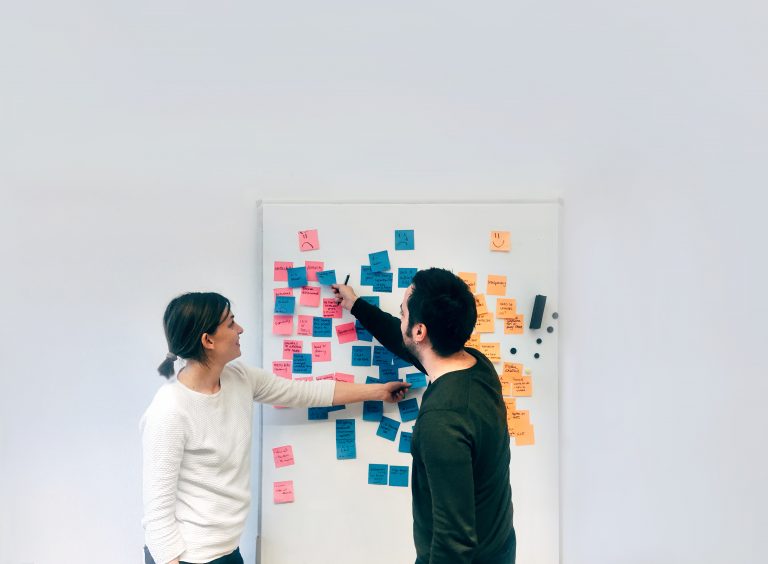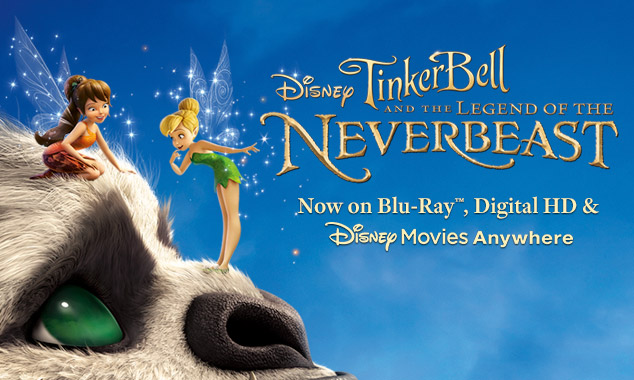When Failure Leads to Success: What Studies Show Kids Need to Hear
January 10, 2017
Typical science textbooks or programs will tell you that Einstein received the Nobel Prize. That Marie Curie was the first woman granted a physics degree from the best college in France. Traditional education focuses on the achievements and accolades of famous scientists. Meanwhile, it’s a general trend that as students advance through middle school and high school, they start to see achievement in science and math classes as based on being “good at that kind of thing.” They form the idea that Einstein and Curie were born fabulous at what they did, having very little in common with them as learners. A group of researchers from Teacher’s College of Columbia University published a paper last year in the Journal of Educational Psychology about the relation of these two facts.
Among other things, the study relates to the work talked about in A Growth Mindset Classroom. It looks at the mindset of students approaching science and math at higher levels. How much does the language of teaching affect the mindset of students? Will they have a “fixed” mindset and feel they are incompetent when something doesn’t work out? Or will they have a “growth” mindset that views themselves as capable of overcoming a challenge? Essentially, they wanted to know if the performance based narrative of the typical science lesson leads to a more “fixed” mindset, which eventually makes kids feel like you have to be born with the ability to be good in the subject.
To measure, researchers used story-telling from the lives of Albert Einstein, Marie Curie, and Michael Faraday. One story revealed all of their accomplishments and awards like what is done general textbooks. Another told of the intellectual challenges each scientist faced, like Einstein rewrote papers based on other people’s comments, and Curie had a lot of experiments that failed but she continued to work. The last set of stories focused on the life challenges those scientists faced, like Curie taking classes in secret because she was a woman, or Faraday facing prejudice for being poor and from a religious minority.
While there is a lot to derive from the study, one of the conclusions I found most compelling was that students receiving either story about the scientists’ struggles, intellectual or life, later performed better in terms of class grades. Reading about the struggles of these famous people actually caused them to get better grades. On the opposite side, an emphasis on achievement, like the information found in textbooks, could actually cause harm to learners. These results were especially true for the lower performing students in the groups.
Where does this leave us as parents? Unless you write curriculum, or control which books your children’s schools buy, you don’t have a lot of say in that aspect of their education. But, we can make sure to include the idea of overcoming challenges and persistence in our every day conversation with them, read about the hardships famous history makers faced, and encourage learning goals that focus on mastering a skill. In the end, we can help our kids form a “growth” mindset about themselves and their futures!
You can read the whole research article here: Even Einstein Struggled: Effects of Learning About Great Scientists’ Struggles on High School Students’ Motivation to Learn Science






